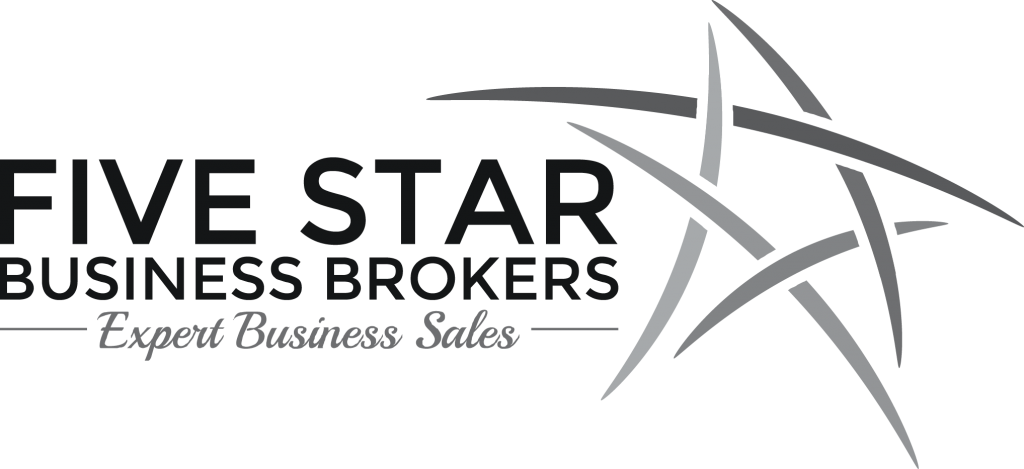Selling Convenience Stores
Convenience stores can be a very profitable business for savvy operators with good locations and well run stores. Many convenience stores are absentee-run which make excellent passive investments. Let’s explore the key factors in assessing the value of a convenience store, and the what is important to know when selling a convenience store.
Valuing Convenience Stores for Sale
Buyers generally examine the lease, location, monthly sales, degree of owner’s involvement, and the inventory level of a convenience store in their evaluation process. Some of these factors are more important to certain buyers than others, but a professional business broker must explore each of these factors thoroughly during the evaluation process.
The Convenience Store’s Lease as a Factor in Determining Sales Price
- Unless the store is owned by the seller, the lease is a critical factor in determining the value of a convenience store.
- The monthly rent must be weighed against surrounding market rents.
- Additionally, the monthly rent must be weighed against the monthly sales of the store.
- This percentage should be as low as possible (hopefully under ten percent of sales).
- The length of the lease should be as long as possible, giving the buyer peace of mind that they will have longevity at the current location after the sale.
- A buyer will also examine whether and to what extent the lease specifies that the landlord must maintain and fix the premises.
The Convenience Store’s Location is of Critical Importance
Convenience stores are essentially local businesses, and most customers live in a tight circle of radius from the store. Buyers typically want a location with high visibility, ample parking, easy accessibility, ADA compliant, and far enough away from competitors. An inviting exterior and a clean interior will certainly help in creating the impression that the store’s location is a destination spot in the neighborhood. The car count (amount of vehicles driving by daily) and whether there is any new residential or commercial development in the area are also key determinants to a prime location.
Monthly Sales Key for Convenience Store Sales in Palm Beach County
The monthly sales is probably the biggest factor for many buyers of convenience stores. If the monthly sales are known, then experienced buyers know what kind of rent, payroll, and other overhead they can afford in order to maintain their preferred profit margins. Proof of the monthly sales – whether from banks statements, sales tax records, or POS (point of sale) statements – should be disclosed during the formal due diligence.
Absentee-Owned Convenience Stores More Valuable
- Many convenience stores have a working owner.
- In fact, many convenience stores are family-run affairs, with little or no employees.
- In such scenarios, a buyer will have to hire employees to replace the owner.
- Or a buyer could personally operate the store with their own family members.
- This detracts from the valuation because the buyer will have the added expense of payroll that the owner is not presently incurring at the time of sale, or the added cost of having to work in the store themselves (possibly including family members).
- If the store is run absentee then the buyer will face no extra costs or labor after the sale.
- In this situation, the owner’s salary should also be considered as a part of the adjusted owner benefit (or true economic profits derived by the owner).
- A higher adjusted owner benefit – all else being equal – always means a higher valuation.
Inventory Level of Convenience Stores for Sale
The inventory level of a convenience store is almost always characterized as being ‘at cost.’ For example, if a convenience store has $50K of inventory, that means that the owner paid $50K for the inventory (and in turn may re-sell the inventory for let’s say $100K to retail customers). A buyer typically pays for the inventory separately from the purchase of the business. A professional business broker must properly characterize the inventory as ‘at cost’ and must disclose whether the inventory is included in the asking price for the business.
Pricing Convenience Stores Properly for Sale
- Convenience stores are typically priced as a multiple of around 2-3 times the adjusted owner benefit.
- Many factors may lower or raise this valuation multiple.
- Some factors may stick out more than others depending on the unique characteristics of the individual store.
- In general, the valuation multiple is affected by the extent of the owner’s involvement, the store’s appearance (including any equipment or leasehold improvements of the store), how long the store has been established, the transparency of the financials, and of course the location and lease of the store.
- A professional business broker will weigh all of the above factors.
- It is important to also remember that the inventory is usually treated separately and should disclosed as such to potential buyers.
Lotto/Check Cashing/Ancillary Services May Also Raise the Valuation Multiple
Often times, convenience stores offer check cashing, western union, lotto, and other services to their customers. Some stores have ATM machines or even video game machines. These ancillary services generate extra income for the store, and generally enhance the store’s valuation. Such higher margin add-ons are excellent profit centers.
The sale of a convenience store should be conducted confidentially, priced correctly, and ultimately result in the highest possible purchase price. Be sure to carefully weigh all above the factors when selling a convenience store.
Give Martin at Five Star Business Brokers of Palm Beach County a call today for a FREE evaluation of your business.
